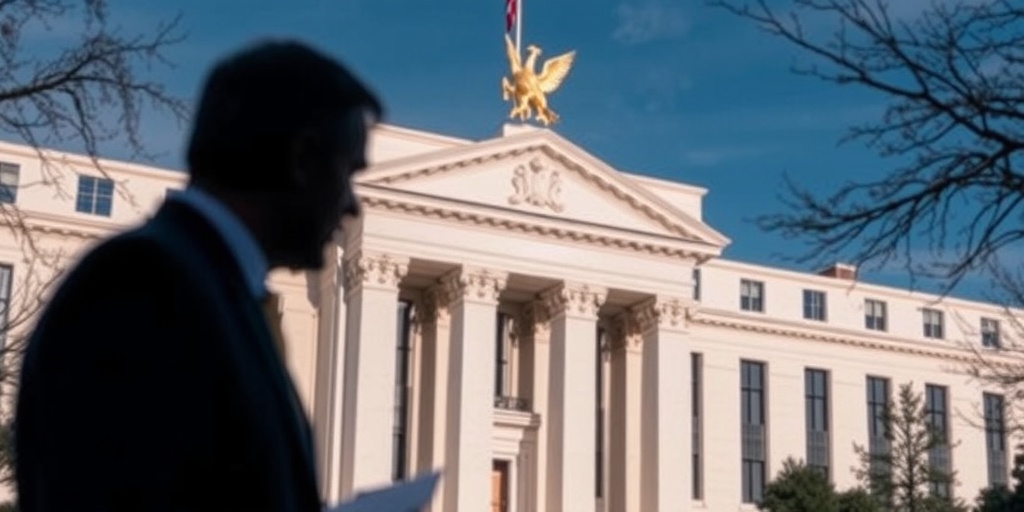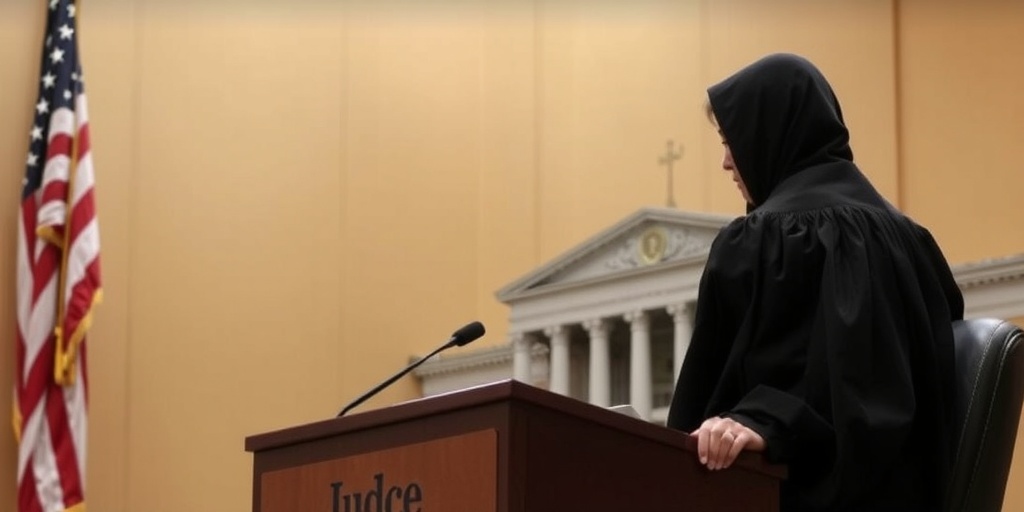Now Reading: Rising Price Expectations May Worry the Fed
-
01
Rising Price Expectations May Worry the Fed
Rising Price Expectations May Worry the Fed

Title: Rising Inflation Expectations Spark Concerns Among Economists and Fed Officials
In the wake of one of the most challenging inflation shocks in decades, Americans find themselves once again preparing for potentially higher prices. Recent data reveals a concerning trend as expectations regarding future inflation have begun to rise, prompting scrutiny from Federal Reserve officials. Although current metrics—including consumer surveys from the University of Michigan and market-based indicators—do not immediately indicate that inflation is on the brink of spiraling out of control, the noticeable uptick in expectations has generated significant anxiety about the economic outlook.
A survey conducted by the Conference Board showed a sharp decline in consumer confidence during February, coinciding with rising inflation expectations among the populace. Increased costs for essential items, particularly eggs, as well as concerns regarding tariffs, have been key drivers behind these worries. Any sustained apprehension regarding inflation levels could pose a political challenge for President Trump, who campaigned on a promise to manage prices effectively, and complicate the Federal Reserve’s efforts to maintain stability in the economic landscape.
Jonathan Pingle, a former Fed employee and current chief economist at UBS, highlighted that elevated inflation expectations can indeed unnerve policymakers, complicating the Fed’s efforts to achieve its target inflation rate of 2 percent. "We don’t want inflation expectations moving up so much that it makes the Fed’s job harder," he asserted, emphasizing the importance of keeping these expectations in check.
Most economists agree that managing inflation expectations is crucial for controlling inflation itself. When consumers and businesses anticipate rising costs, it often leads to a self-fulfilling prophecy. Workers begin demanding higher wages to offset expected price increases, while businesses raise prices in anticipation of higher costs for materials and labor. Such cycles make it increasingly difficult for the Federal Reserve to rein in inflation effectively.
The economic turbulence of the 1960s and 1970s serves as a cautionary tale; prolonged periods of high inflation resulted in consumers and businesses anticipating swift price increases. The Fed’s response then involved drastically raising interest rates, ultimately leading to a severe recession to regain control over inflation.
Unlike those past scenarios, however, inflation expectations remained surprisingly stable during the inflationary surge witnessed in 2021 and 2022, thereby allowing the Fed to manage inflation without significantly increasing unemployment levels. Laurence Ball from Johns Hopkins University noted, "The No. 1 reason why that scenario didn’t play out was that, even though inflation went up quite a bit, expected inflation by most measures only went up a little bit."
Nevertheless, recent indicators suggest that Americans are now starting to brace for longer-term inflation. Price increases, particularly in the egg and energy sectors, combined with fears over tariffs have contributed to a surge in inflation expectations among consumers, reaching levels not seen in over a year. This trend is particularly concerning as expectations for long-term inflation are generally perceived as more stable.
Potentially alarming is the largest one-month increase in long-term inflation expectations since 2021, observed across various demographics. This growing anxiety about inflation appears widespread, cutting across age and income levels. While some economists note that inflation expectations have fluctuated before without lasting consequences, the current political landscape—marked by a noticeable partisan divide in perceptions of inflation—adds layers of complexity to the situation.
Compounding the uncertainty, while the Conference Board noted rising inflation concerns in early 2025, a survey by the Federal Reserve Bank of New York showed no similar uptick. Different measures of inflation expectations derived from U.S. government debt yields also indicate mixed signals, revealing a nuanced and complex picture.
The current economic climate, characterized by persistent price pressures, leads many economists to warn that if inflation remains high for an extended period, expectations could continue to adjust upward. Central banks fear “unanchored” expectations, which could signal a larger crisis should there be a lack of confidence in achieving stable inflation levels consistent with the 2 percent target.
In response to the rising inflation expectations, the Federal Reserve has taken a cautious approach. While officials acknowledge the importance of monitoring these trends, they have largely downplayed the latest survey results. Austan Goolsbee, president of the Federal Reserve Bank of Chicago, dismissed the abrupt jump in expectations, arguing it reflects just one month’s data and requires further corroboration.
Despite overall confidence from Fed officials regarding stability, the focus remains on evidence of sustained inflation retreat. Minutes from the recent policy meeting indicate that policymakers anticipate some inflationary impacts from President Trump’s policies, leading to an ongoing debate about how best to respond.
As conversations continue about the potential influence of Trump’s policies on the economy, there is unease about the risks to the Fed’s independence—particularly if the administration were to pursue measures that could undermine confidence in the central bank’s ability to control inflation. The fear of political interference raises flags about the Fed’s ability to manage expectations effectively.
As the economic situation evolves, experts urge caution, with many expecting the Fed to hold further interest rate cuts in abeyance for now. With inflation expectations seemingly on the rise, the unfolding landscape poses challenges for both the economy and the Federal Reserve’s policymaking strategies moving forward.
Stay Informed With the Latest & Most Important News
Previous Post
Next Post
-
 01New technology breakthrough has everyone talking right now
01New technology breakthrough has everyone talking right now -
 02Unbelievable life hack everyone needs to try today
02Unbelievable life hack everyone needs to try today -
 03Fascinating discovery found buried deep beneath the ocean
03Fascinating discovery found buried deep beneath the ocean -
 04Man invents genius device that solves everyday problems
04Man invents genius device that solves everyday problems -
 05Shocking discovery that changes what we know forever
05Shocking discovery that changes what we know forever -
 06Internet goes wild over celebrity’s unexpected fashion choice
06Internet goes wild over celebrity’s unexpected fashion choice -
 07Rare animal sighting stuns scientists and wildlife lovers
07Rare animal sighting stuns scientists and wildlife lovers





















